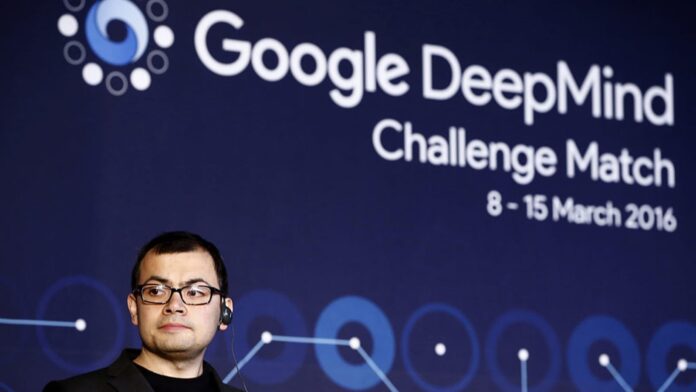A legal case has been launched on behalf of quite a million people whose confidential medical records were obtained by Google.
In 2015, Google’s AI firm DeepMind was given the non-public records of one.6 million patients at the Royal Free London NHS Foundation Trust.
The business firm handling the case aforementioned it had been launched to handle public issues concerning the employment of personal health knowledge by school corporations. DeepMind has not commented.
In 2015, once it became public that immense amounts of knowledge had been tapped into by DeepMind, there was outrage – though the firm insisted that the patient records were being employed to assist in producing a life-saving app. The Streams app was an alert, identification, and detection system that would spot when patients were in danger of developing an acute excretory organ injury. It’s within the method of being decommissioned, following DeepMind being subsumed into Google Health.
There were many inquiries into the lawfulness of the information use, and in 2017 the Commission mentioned the hospital had not done enough to guard the privacy of patients once it shared data with Google.
The current legal case is being handled by the business firm Mishcon First State Reya and the lead litigator, Saint Andrew the Apostle Prismall, aforementioned that he had been “greatly concerned” concerning how his knowledge had been used.
These cases are called opt-out representative actions because they embrace everybody that the case applies to, unless they specifically request to not be a part of it.
Others embrace the one brought by the previous Children’s Commissioner for England, Anne Longfield, against TikTok, on behalf of countless GB kids, over how the app collected and used their knowledge.
Another causa was launched by ex-Which? Director Richard Harold Lloyd on behalf of 4 million iPhone users, alleging they were lawlessly half-tracked by Google.
All these cases are awaiting a Supreme Court judgement giving the Harold Lloyd v Google case the go-ahead, which is predicted imminently.
If productive, the massive range of plaintiffs in these cases suggests that they’ll solely get a small pay-out every month.

















